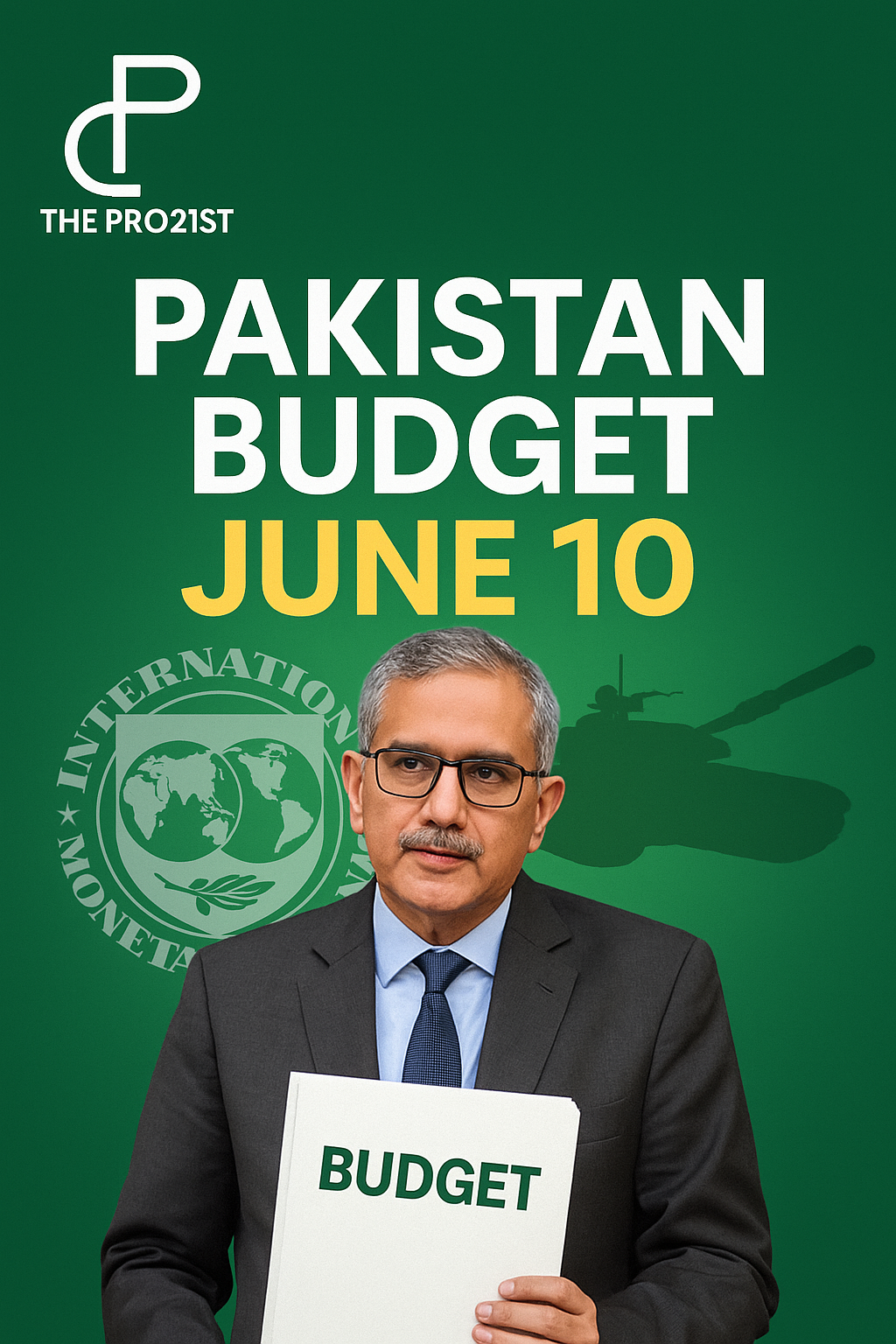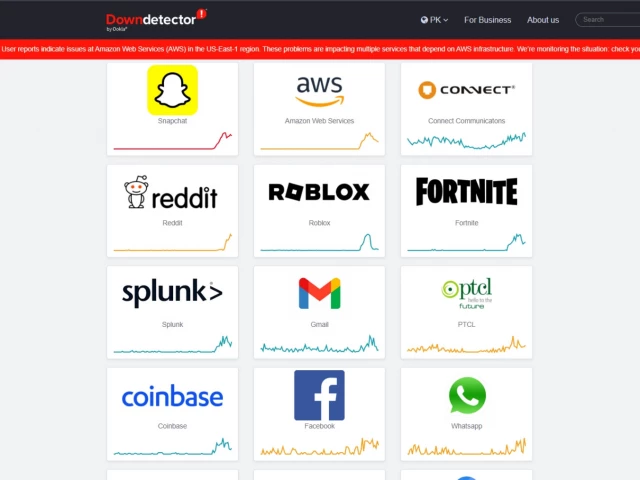Understanding Pakistan’s 2025-26 Budget: A Mixed Bag for Citizens
As we dive into the details of the federal and provincial budgets for fiscal year 2025-26, it’s essential to decipher what these figures really mean for the everyday Pakistani. On paper, the government touts massive relief measures aimed at easing burdens on citizens. However, many remain skeptical about whether these promises will materialize into tangible benefits.
Take the case of Tariq Sikandar, a salaried worker earning Rs120,000 monthly. He notes a small victory: his tax burden is expected to decrease by Rs2,500 per month due to an increase in the income tax exemption threshold. "In this economy, every rupee counts," he says, and he’s right. However, while this change benefits around 67 million salaried individuals, many workers still earn under Rs50,000 monthly, often devoid of regular pay increases.
Female heads of households, like Fatima Bibi, express disappointment. "Everything is still so expensive," she laments. Rising prices for basic necessities, such as flour, sugar, and cooking oil, overshadow the government’s claims of relief. While there’s a significant budget allocation for subsidies, most seems to target the energy sector, leaving everyday essentials untouched.
Workers in various sectors, particularly in industrial jobs, share similar concerns. Aslam Hussain, employed in a textile factory, voices doubt over promises of job creation tied to export growth. He argues that without wage increases, the promise of better times feels hollow. "How will we keep up with inflation?" he asks, highlighting a key gap between policy goals and actual worker welfare.
Transporters like Haider Raza are feeling the pinch too. With rising petroleum levies, small transport operators are seeing their profit margins disappear. "Every increase affects our livelihoods," he explains, underscoring a pervasive anxiety about how these budget decisions will impact daily operations.
Economists are also weighing in, offering a broader perspective on this fiscal landscape. Dr. Ayesha Ali notes that while the targeted GDP growth of 4.2% and a reduced budget deficit are hopeful signs, the heavy reliance on indirect taxes puts a strain on low-income families. She emphasizes the need for sharper targeting in subsidy distribution to alleviate immediate financial pressures facing the nation’s poorest.
In conclusion, the FY26 budget might offer some relief for particular groups, but for many, it represents missed opportunities and ongoing struggles. As the economic landscape evolves, it’s crucial for policymakers to address the pressing needs of all citizens—especially those feeling the burden of rising living costs.
For anyone navigating these challenging times, staying informed about the effects of such policies is vital. If you want to discuss your thoughts on the budget or explore resources that can help manage financial stress, feel free to connect with us at Pro21st. We’re here to support you on your journey towards a more secure financial future.





